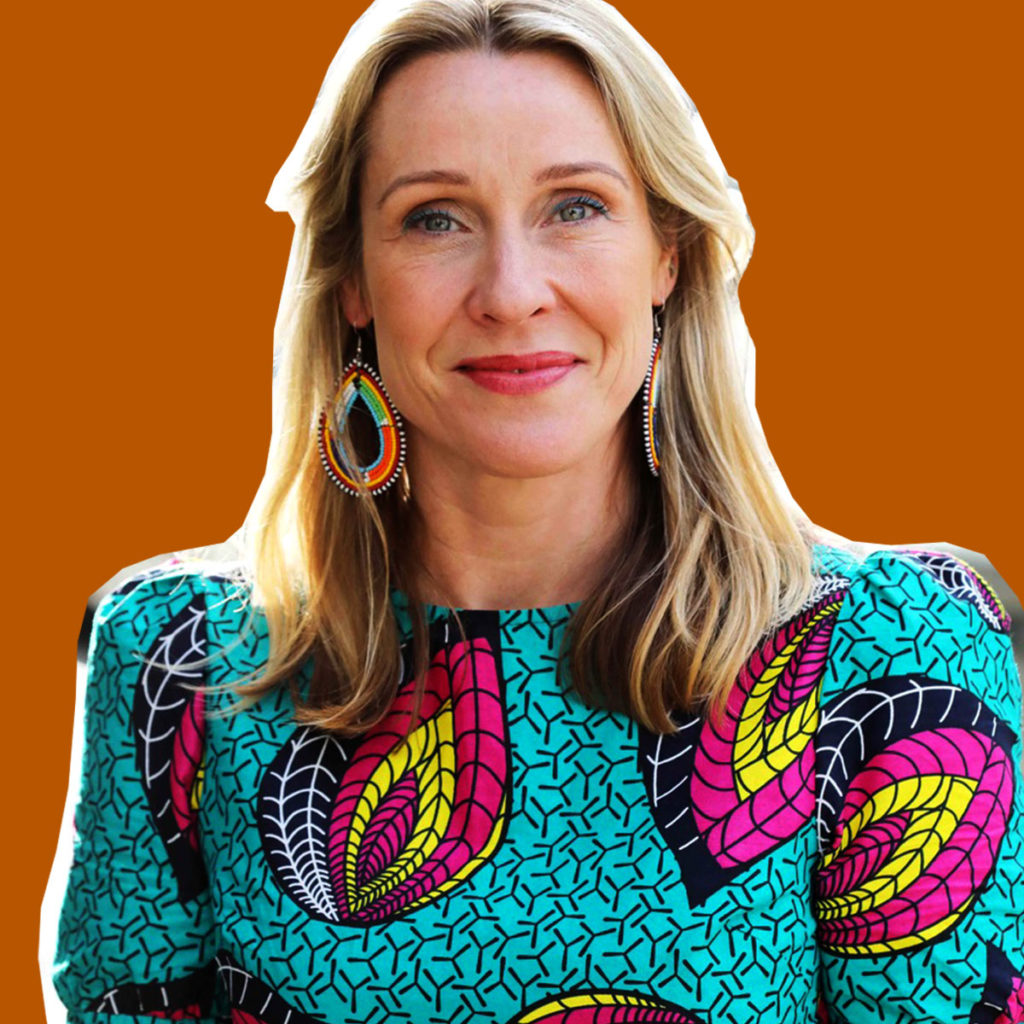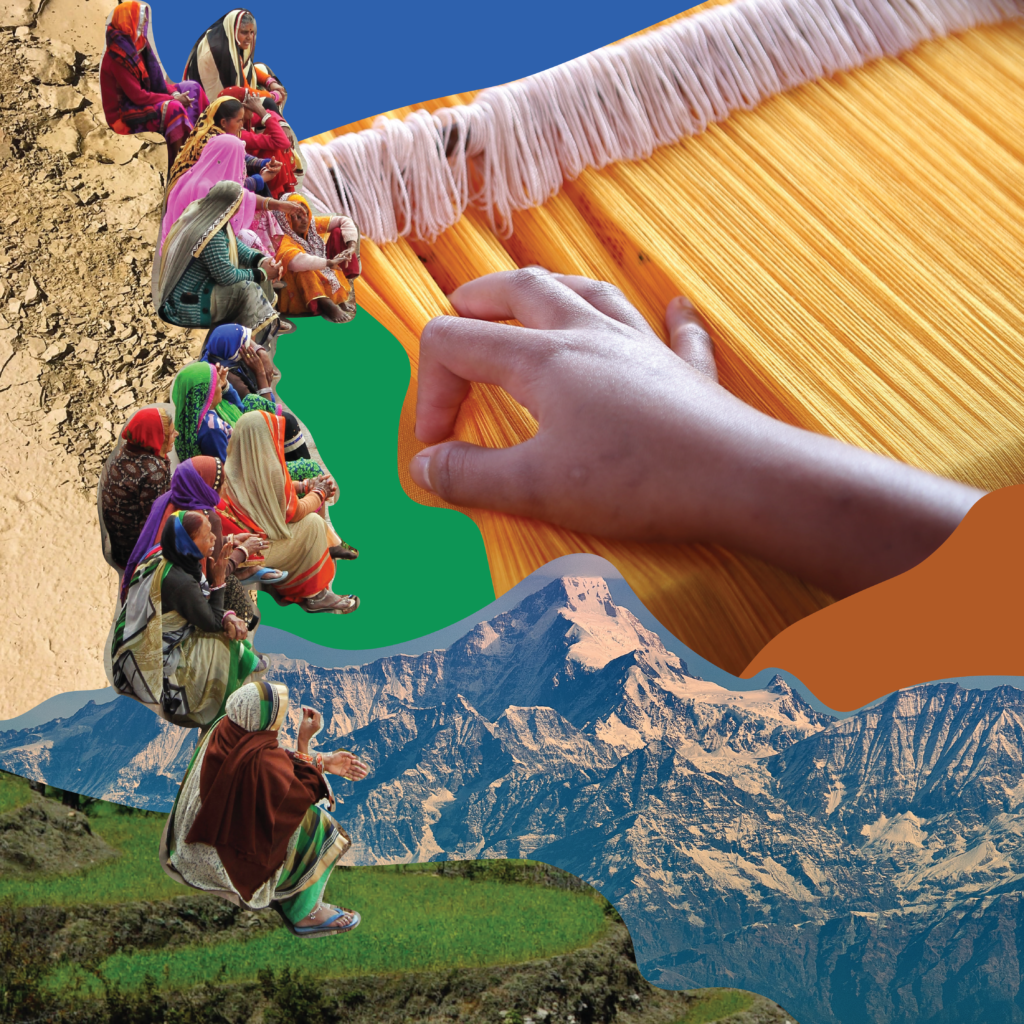
Enough Mass-Produced Stuff
When the pandemic was in full force, the world focused on buying only the essentials. Many small businesses struggled to stay afloat — including the small home-based artisan industry. That’s where I operate, as the founder of an artisan-based business, TerraKlay, which collaborates with potters and weavers across India.
Craft production is often a necessity for Indian families. This shift toward the “essentials” in the global economy did not take artisan livelihood into consideration. Artisans are the backbone of India’s non-farm rural economy. Behind agriculture, handicraft is the second largest employed industry — a workforce primarily made up of women. More than 7 million Indian artisans work to promote regional art and craftsmanship both domestically and globally, bringing the value of handicraft exports up to a reported 3.39 billion as of FY20.
Even before the pandemic, many artisans had a hard time securing sales, because the market favors large-scale production business. COVID-19 quickly exacerbated these already-present challenges: a complete lack of materials due to closure of factories, broken supply chain, curfews and lockdowns, and artisans suffered a loss of both local and international orders. The vast majority of artisans operate in informal work settings, like the backyards of their homes, or community spaces. So, the little socialization during the workday was sacrificed at the cost of staying safe. Many lived through periods of no food and no work, all while struggling and fearing death by this mysterious and dangerous virus.
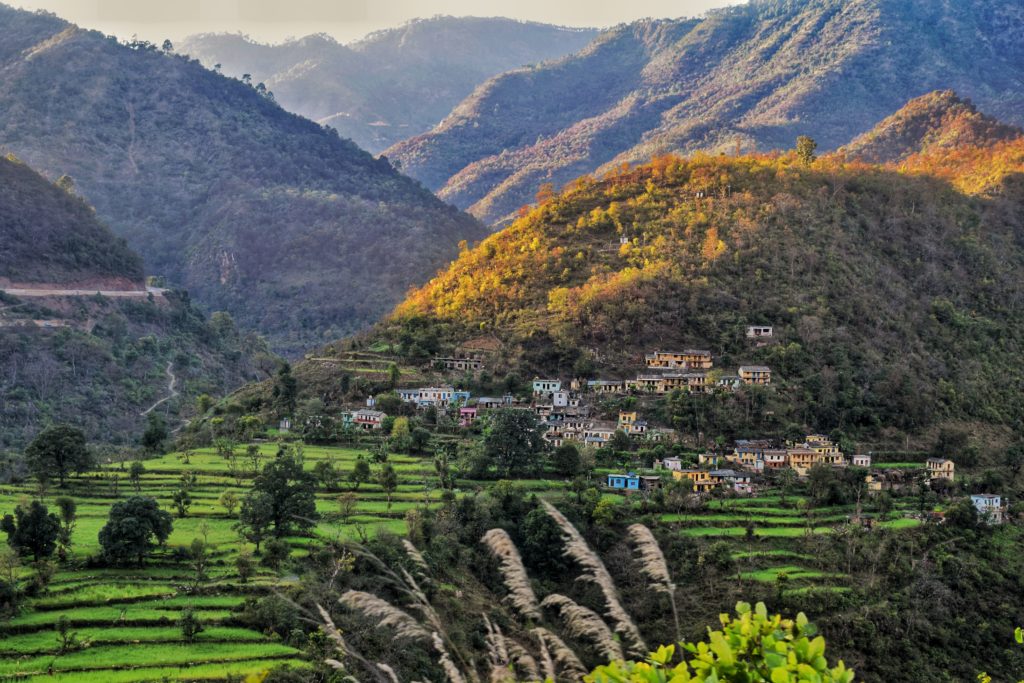
Photo by Aniket Mandish on Unsplash
As the pandemic moved into its third month, Anil Vangad, a tribal artist from the Warli painting tradition in rural Maharashtra, India told me, “if not the pandemic, hunger will surely kill us.”
The lockdowns and strict curfews made it difficult to get groceries for the family. Although he is a farmer by profession growing rice, he could not tend to his farms. The heat of the summer with no drinking water to pull from the dry wells exacerbated the predicament of the rural population.
Using all my newfound free time in the pandemic, I began to rebrand and restructure my small business, TerraKlay, instead of closing shop. We had historically focused on ceramics and cookware. But during the pandemic, I discovered more artisan groups, and was inspired to weave them into our story.
It all started with a small group of women artisans in North India, in the hilly and beautiful terrain of Uttarakhand which sits about 15 hours north of the capital Delhi. Here, women make traditional wool textiles on handlooms. I learned that a group of 200 women, referred to as Maati Sangathan, had been working together since the nineties to promote women’s rights and create opportunities for women to earn money while working from the comfort of their homes. Given the issues with abuse and alcoholism in the region, these women had come together to not only protest violent behavior, but to create a collective that could provide group support. Crafting beautiful wool products like carpets, rugs, blankets, and sweaters was something they had been taught by their mothers, and it could easily be done in the safety of their homes.
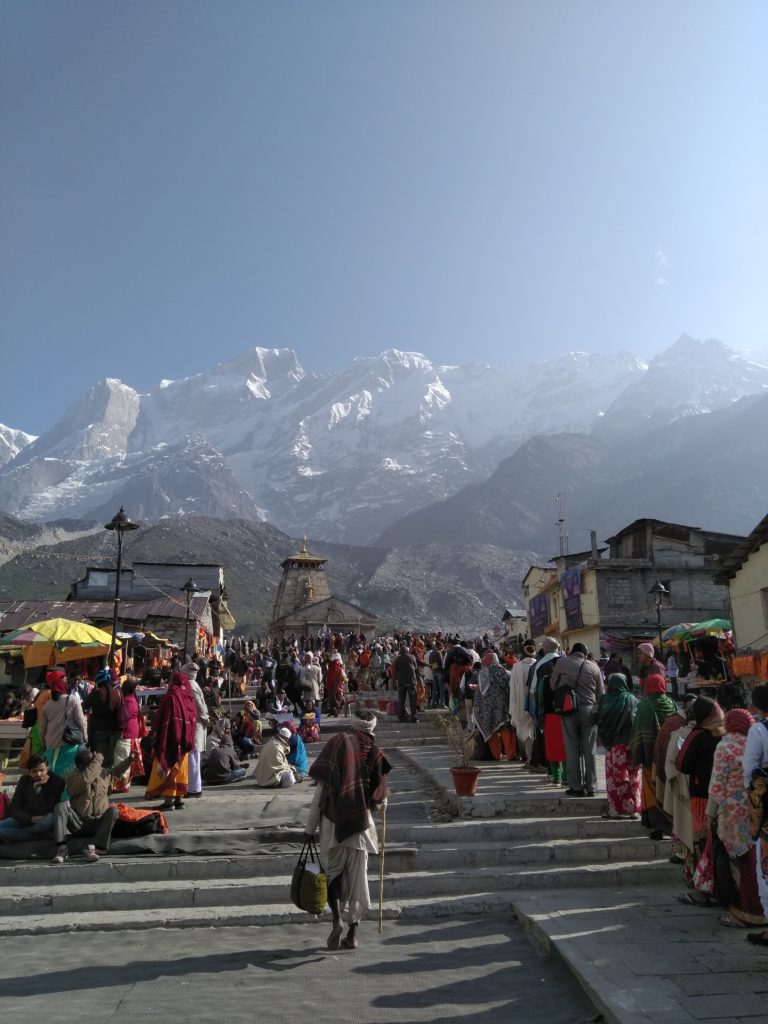
Photo by Rishu Bhosale on Unsplash
Introduction emails led to phone calls. Many hours of phone calls led to developing product samples. What started out as work calls turned into deep conversations where we exchanged family stories, business ideas, and life aspirations.
Bina, a young mother of two in her thirties, introduced me to her world of handloom weaving, organic farming, natural dying and life in a remote village in the Himalayan belt. Behind her tiny frame was the strength of all the women in her organization; she was supported by her sisters. My ability to speak to them freely in Hindi opened doors to nuanced conversations that went beyond the transactional relationship of business. We spoke at length about the difficulties of life during the pandemic, the lack of basic infrastructure to help these rural communities, women’s rights, and how family dynamics had changed as their kids sat at home. Bina expressed her desires to become a better manager for the many women weavers in her village. With no tourism or work, financial support was dwindling. She turned to TerraKlay and her hands to make products that could be sold to a more global market. I stressed that we were far too small and were just starting up. However, her encouraging words and faith in me to restart TerraKlay was not what I expected, but it was just what I needed to stay motivated in these tough times.
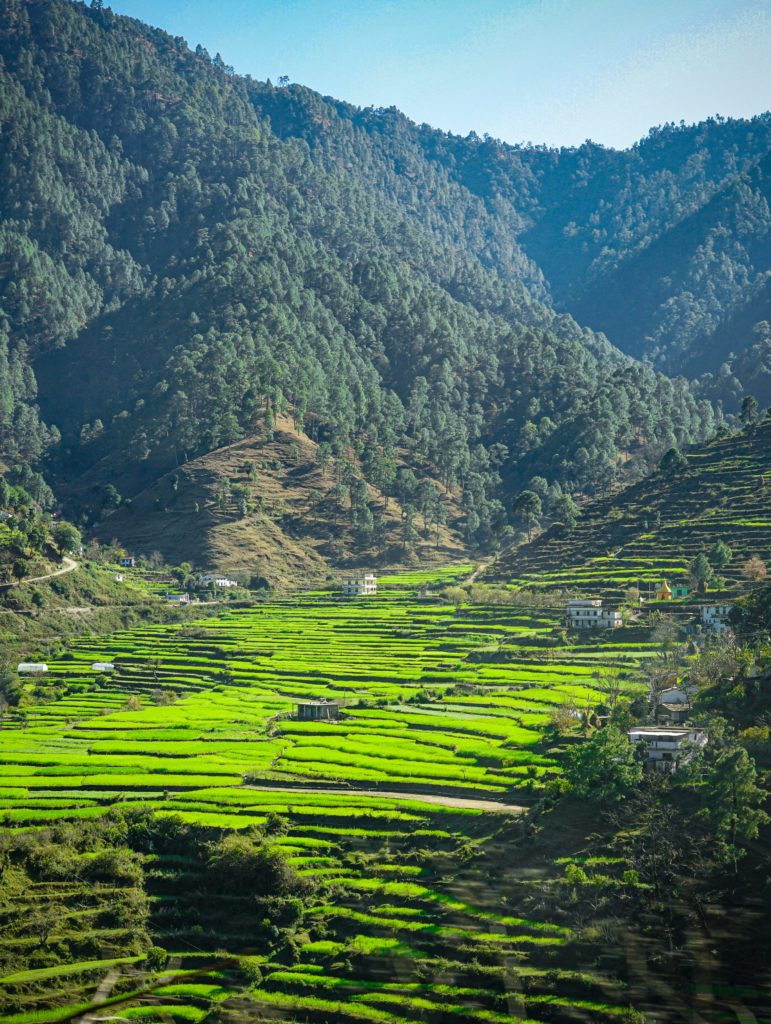
Photo by Ketan Pandey on Unsplash
In the second wave, Bina’s village was impacted badly. With no vaccine available, about half the village contracted the virus and fell sick. The closest hospital with adequate oxygen supply is a five-hour drive away, so she had to battle the symptoms of high fever and breathing issues at home, leaving her weak and tired for nearly a month. Fortunately she recovered, but some in her village did not and succumbed to the deadly virus.
Through these difficult months, we formed a sisterhood. All of it made me realize that miles are only a measurement, and it is possible to connect no matter the distance (of course, as long as you’re willing to work with time differences!). It’s also been a reminder of how slow production can enable more thoughtful living. Each blanket we sell takes over a week for women like Bina to produce on a handloom.
It’s not merely a decorative item in my living room. It’s the story of a woman, of a region, and of supporting a community in one of the most challenging years we have all faced on a global scale. That’s why we named each blanket after the woman who made it.
I underestimated that businesses could encourage small-scale artisanal production halfway around the world. TerraKlay is my story of hope and determination, a story of working across borders to connect and believe in something larger than myself.




